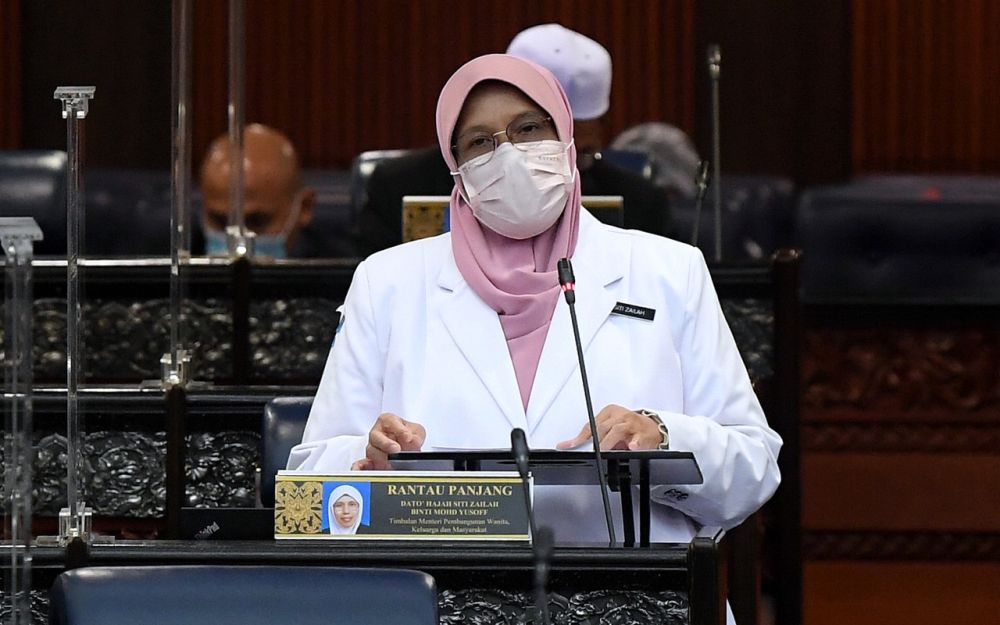KUALA LUMPUR, March 15 — There will be no problem stopping the Social Welfare Department’s (JKM) Cashless Assistance Payment (JKMPay) pilot project if it is found not to benefit the recipients, said Women, Family and Community Development Deputy Minister Datuk Siti Zailah Yusoff.
She said that since the project, which involves new recipients, was still at the pilot stage, the ministry will await the findings of the study in April before deciding whether or not to continue it.
“This issue cropped up when we received complaints, including some who said that the aid we channelled to them were misused by their families. We also received positive responses and we conducted studies, the majority said they have no problems (with JKMPay), but we are still at the pilot and study stage.
“If the project not beneficial, no problem. We can take it back and return to the normal mode of payment (cash) because this is only a pilot project and we expect to evaluate all complaints and views until April,” she said when winding up the debate on the motion of thanks for the Royal Address for the ministry in the Dewan Rakyat today.
She stressed that the initiative was not aimed at restricting the rights of Persons With Disabilities (PwD) to spend, but instead expand the method of spending for the group towards cashless payment.
Siti Zailah said 397 shops were approved to be involved in the pilot project as of February and 250 outlets had applied and were keen to register under JKMPay.
Meanwhile, Minister of Federal Territories Datuk Seri Dr Shahidan Kassim, when winding up the debate on the same motion for the Ministry of Federal Territories, said Kuala Lumpur City Hall (DBKL) had identified five locations for the construction of 5,000 council homes.
He said one of the locations is in Sungai Udang, involving 897 units that are expected to be fully completed next month, while four others, which are still in the planning stage, are in Jalan Selimang (702 units), Desa Tasik (1,000 units), Bandar Baru Sentul (168 units) and Jalan Tasik Permaisuri (204 units).
“The main aim of the development of the council homes is help the B40 group as a transit before they can afford to own their own houses as there is a limited number of People’s Housing Project (PPR) units that can be offered. It is also to help low-income city folks to rent houses,” he said.
On the issued raised by Lim Lip Eng (PH-Kepong) regarding the need for DBKL to conduct a census or investigation on PPR tenants, he said it was always conducted as tenants are directed to update their income details from time to time.
Shahidan said DBKL was also conducting a Public Housing or PPR Rental Extension Period programme which was subject to the information on income furnished by the tenants. — Bernama



















